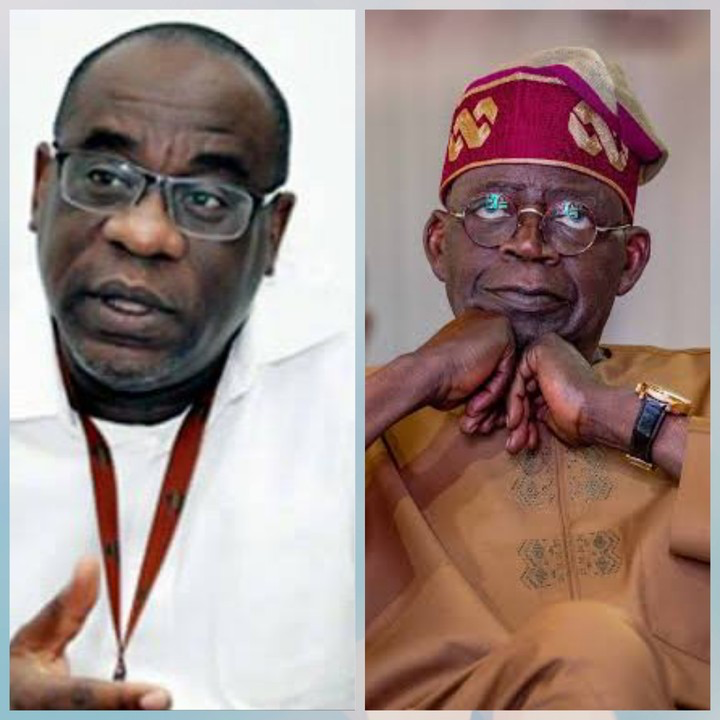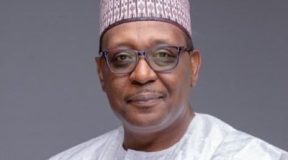Bank of America (BOA) has said Nigeria may need to hike interest rate to as much as 25 per cent to be able to tackle soaring inflation, according to its sub-Saharan Africa economist, Mr Tatonga Rusike, per Bloomberg.
The CBN, since last year, has been increasing the country’s interest rates.
At its last Monetary Policy Committee (MPC) meeting in May 2023, the benchmark interest rate was further pushed forward by 0.5 per cent to 18.50 per cent from 18.00 per cent in March.
However, this has not slowed Nigeria’s soaring inflation which hit 22.41 per cent in May 2023 compared with 22.22 per cent in April 2023.
In its report last month, the National Bureau of Statistics (NBS) attributed the increase in the average prices of goods and services in the month under review to the 24.82 per cent jump in the food inflation rate.
BOA warned that despite this, inflation might quicken to 30 per cent by the end of the year after President Bola Tinubu scrapped fuel subsidies that cost about N4.3 trillion last year and unified the foreign exchange market, sending the exchange rate of the local currency against the Dollar, Pounds Sterling, and the Euro, 40 per cent higher.
“That will require a monetary policy response from the central bank — effectively, interest-rate hikes,” Mr Rusike told the publication.
The bank also warned that this might see foreign investors exercise caution before investing in the country.
“If the negative real interest rate is not reversing, then it is less likely to see foreign inflows coming into the country,” Mr Rusike said. BofA would like to see aggressive rate increases, but “it is less likely they will do such level of increases,” he said.
This should necessitate a minimum of 700 basis-point-hike or 7.0 per cent to be able to curb inflation, the economist told Bloomberg.
He also noted that the biggest risk to Nigeria’s credit rating being raised is the government becoming complacent on reforms.
At his inauguration in late May, President Tinubu had promised to do all within his power to ensure that there is a reduction in the country’s high-interest rate.
Mr Tinubu noted that his administration would work towards a single-digit lending rate to allow for more investment into the country in order to boost the performance of Africa’s largest economy.
“Monetary policy needs a thorough housecleaning. The Central Bank must work towards a unified exchange rate. This will direct funds away from arbitrage into meaningful investment in the plant, equipment, and jobs that power the real economy.
“Interest rates need to be reduced to increase investment and consumer purchasing in ways that sustain the economy at a higher level,” Mr Tinubu said.



